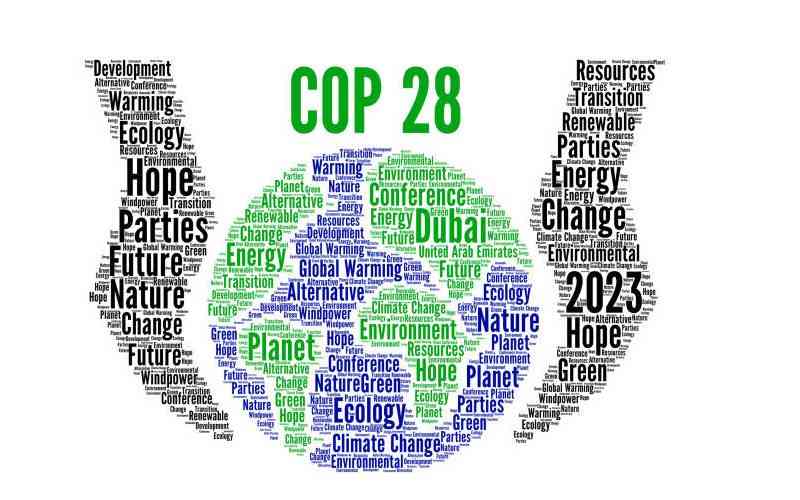×
The Standard e-Paper
Kenya’s Boldest Voice

Negotiators from over 33 African countries are meeting in Nairobi to reflect on COP27 outcomes and develop a common African position on climate action pertaining to agriculture and gender for COP28.
The meeting, convened by the African Group of Negotiators Experts Support (AGNES) for the next four days aims to define policy solutions to tackle the ongoing climate crisis in Africa, which is compounding food insecurity on a continent already severely afflicted by hunger and malnutrition.